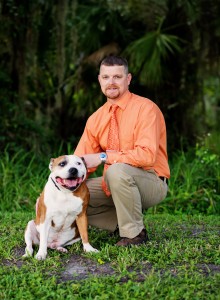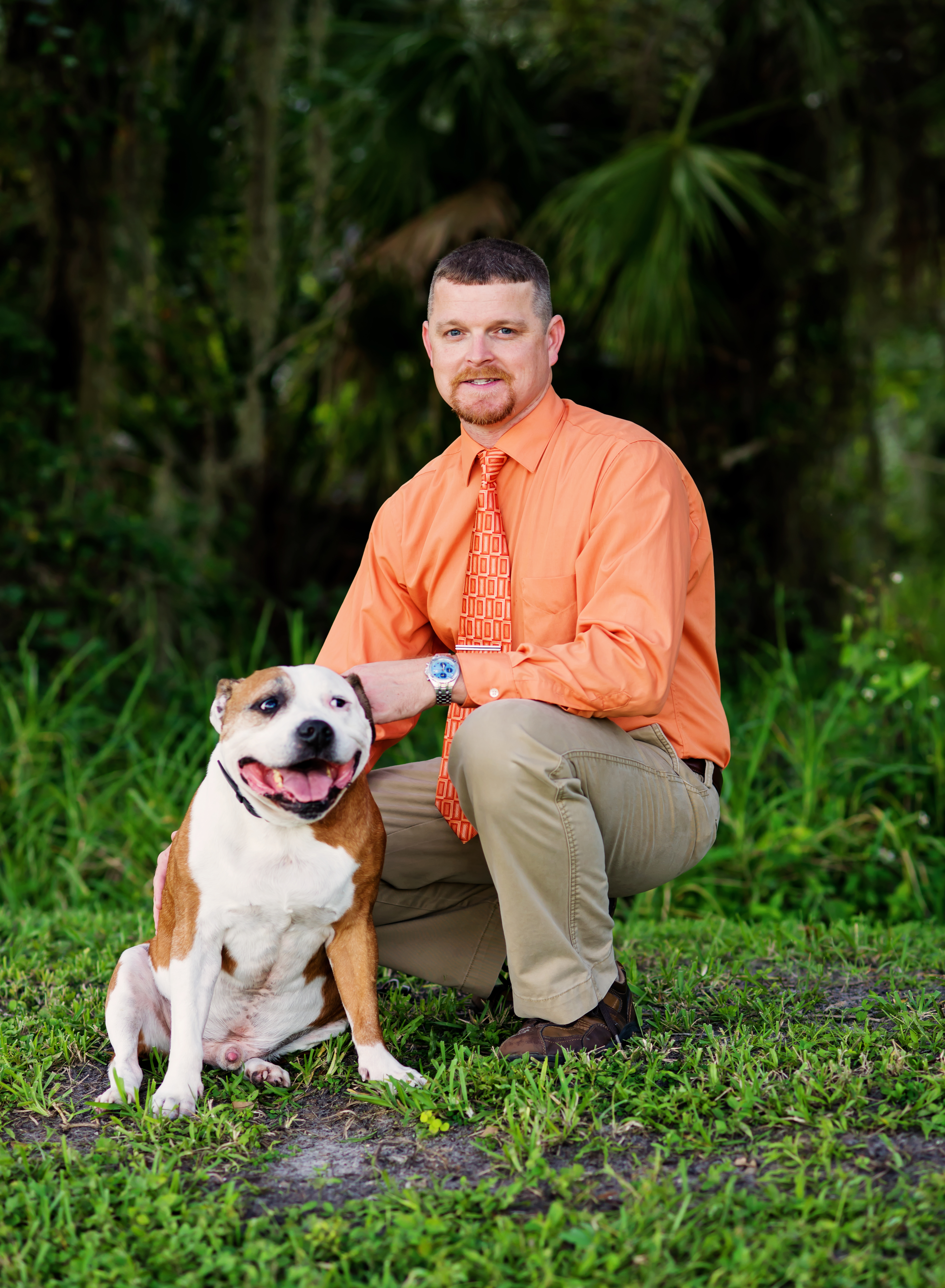 In our December interview, doctor of veterinary medicine, Steven Groves, talks about Pets and Holiday Decorations – Preparations and Precautions!
In our December interview, doctor of veterinary medicine, Steven Groves, talks about Pets and Holiday Decorations – Preparations and Precautions!
Q: When the December holidays roll around, we are reminded about how to keep pets safe and the decorations secure. Would you say that a Christmas tree or candles are more of a safety hazard for pets?
A: When it comes to Pets and Holiday Decorations, Christmas trees, candles, decorations, food and holiday parties all pose risky temptations for pets. Planning ahead, knowing what risks each festive activity poses and how to handle an emergency is important. Quick action can save a pets life.
Q: Tree water contains chemicals to make the tree last longer, won’t pets want to drink this? What to do?
A: Water additives for Christmas trees can be hazardous to your pets. Do not add aspirin, sugar, or anything to the water for your tree if you have pets in the house. If pets drink water containing chemicals, contact your veterinarian immediately.
Q: What is your best advice for keeping a tree upright and safe from curious pets?
A: Christmas trees can tip over if pets climb on them or try to play with the lights and ornaments. Consider tying your tree to the ceiling or a doorframe using fishing line to secure it.
Q: What about candles? What is the best way to enjoy them but keep the flame from a curious animal?
A: Never leave a pet alone in an area with a lit candle; it could result in a fire or the pet getting burned. In addition, Christmas lights can cause burns when a curious pet chews the cords.
Q: It is typical to put out some chocolate or other people treats when having friends and family over during this time, and we know dogs are food beggars. Advice on how to educate guests about this?
A: Put your pets in a safe area away from the food and the guests while food is being served. Keep people food away from pets by clearing food from your table and counters when you are done using them and make sure the trash gets put where your pet can’t reach it. Immediately dispose of carcasses and bones and anything used to wrap or tie the meat, such as strings, bags, and packaging. Place trash in a covered, tightly secured bag placed in a closed container outdoors (or behind a closed, locked door). Remind your guests not to feed the animals people food as a safety precaution for the pets. If you want to share holiday treats with your pets, make or buy treats formulated just for them. Some of the people food especially hazardous to pets include chocolate, turkey, onions, raisins, grapes, yeast dough and chewing gum.
Q: What about when guests bring their animals to a party to add to the fun?
A: If guests want to bring their own pets and you don’t know how the pets will get along, you should either politely decline to have a guest bring a pet or plan to spend some time acclimating the pets to each other, supervising their interactions and watching for potential problems.
Q: Poinsettia plants add beautiful color to the home décor. Are they dangerous to pets?
A: Emergencies can occur if pets get a hold of flowers or festive plants. Amaryllis, poinsettias, mistletoe, balsam, pine, cedar, and holly are among the common holiday plants that can be dangerous and even poisonous to pets who decide to eat them.
Q: What about opening gifts, what dangers lurk for pets while the gifts are being opened and the wrappings tossed about?
A: Holiday decorations and decorative items from gifts can be tempting for pets to play with and eat. Consuming them can cause intestinal blockages, sometimes requiring surgery.
Q: What are the best options for someone who is traveling for the holidays but cannot bring their pet with them?
A: Boarding facilities can be an excellent option as many of them have swimming pools, playgrounds, and indoor activities. In addition to boarding facilities, there are services who offer in-home pet sitting. Before making your selection it is suggested that you tour the potential facility or interview the potential pet sitter and ask for references. Plan ahead as many of these options book-up well in advance of the holidays. Before placing your pet in a boarding environment where there will be multiple pets, talk with your veterinarian to find out how best to protect your pet from canine flu and other contagious diseases.
Q. While we are talking about gifts, the holidays seem to be the time that puppies and kittens are given as gifts. Guidance about considering giving an animal as a gift?
A: Giving a pet as a gift is usually not encouraged. Often, giving a pet as a gift on a holiday is a novelty that, when the excitement wears off, leads to neglect or abandonment. This is often the case with bunnies given as a gift on Easter. Some people don’t want a pet at all, or perhaps don’t want one now. For those who are ready, they should pick the pet out for themselves to ensure it is a good fit. A successful pet adoption or purchase requires time and thought.
Q: In conclusion, what other words of wisdom do you have on the topic of Pets and Holiday Decorations for new and experienced pet owners?
A: Make sure you know how to get to your emergency veterinary clinic before there’s an emergency. Talk with your veterinarian in advance to find out where you would need to take your pet, and plan your travel route so you’re not trying to find your way when stressed. Always keep these numbers posted in an easy-to-find location in case of emergencies: Your veterinarian’s clinic phone number, the local emergency clinic phone number and ASPCA Poison Control Hotline: 1-888-426-4435 (A fee may apply).
Steven Groves, DVM, is the owner of Groves Veterinary Clinic in Port Charlotte, FL. He is a graduate of the University of Florida School of Veterinary Medicine. Their compassionate, knowledgeable and professional staff is committed to providing comprehensive, quality health care to companion animals while building lifelong relationships with their clients and patients. He can be reached at www.grovesvetclinic.com.

Jean is the founder and owner of Human Resources Simplified and Career Advice Simplified. She earned an MBA and is a certified senior-level human resources executive/consultant, adjunct professor, management trainer, professional speaker, business author, career coach, certified resume writer, and personal branding expert. She has other certifications also.









